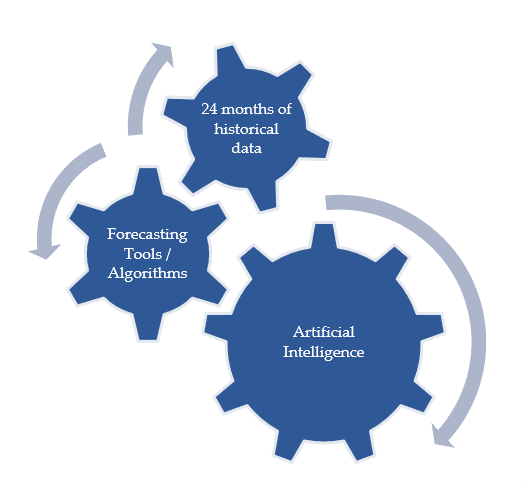

Not all of the changes that will affect risk managers are strictly risk management issues. We’re seeing plenty of reasons that an organization would want that person in a prominent place within the organization." Insurance market and clinical advances "We’re not seeing anything that would diminish the importance of having a good, skilled risk manager with the right education. "I would expect that risk managers will be higher in the organization than they are now, particularly the ones that have taken responsibility for a number of divisions or departments under them," Bryant says. The impetus to reduce errors, not to mention any related regulations, will make the risk manager a more important player in the health care community, she says. The movement to increase patient safety has all the hallmarks of an issue that will be around for a long time, Bryant says. All of these things can have an impact on patient safety, and I think we’re going to see some of these areas melding together or at least working more closely together." "I’m thinking about things like employee health, safety and security, infection control, peer review, and credentialing. "We’re going to see, more and more, a bringing together of the things that have an impact on patient safety," she says.

The recent emphasis on reducing errors and improving patient care should lead to some significant changes in risk management, she says. Jane Bryant, MHSA, FASHRM, director of risk management at Oconee Memorial Hospital in Seneca, SC, agrees with Johnson that a savvy risk manager will look beyond what’s happening right now and see how those issues may evolve. What does that tell you about where we’re going to be in 10 years? That’s only going to get worse, and it definitely impacts us from a risk management standpoint." The average age of a registered nurse in our system is 45 years.
#Healthcare risk manager professional#
For instance, we are going to continue to see shortages in skilled professional services. "The question is what we can learn from today’s troubles instead of just waiting to see what happens later. It’s a very difficult industry to be in, and that’s going to get worse," he says. To prepare for the future, Johnson says you should look to the problems of today and see what they may lead to in the future. Johnson’s assessment of the health care industry at the moment is less than rosy, but he sees that as an opportunity for the diligent risk manager. There will be a lot for us to adapt to, but that means we have job security." Industry’s problems could mean opportunities Our challenge will be to do our jobs lean and mean, to do the best we can to keep a hold of this monster. "Risk managers are going to be challenged like every other department in the hospital to do more with less. "I think I have job security because I think the health care industry is in a crisis situation," Johnson says. Yesterday’s risk manager may not have a place in tomorrow’s health care system.īut as long as skills and education are updated, a risk manager is likely to face good job prospects, says Steve Johnson, director of risk management for Wellstar Health System in Marietta, GA. Updating your skills has become a mantra of risk management, but risk management leaders say the coming years may put more of a priority on updated skills than ever before.
#Healthcare risk manager update#
The downside, though it should come as no surprise, is that risk managers will have to update their skills and education to keep up with the coming changes. The good news, they say, is that risk managers will continue to be valuable players in the organization, and their roles may become even more prominent. There are plenty of changes going on right now, and leaders in health care risk management say their job is not likely to be the same five or 10 years from now as it is today.


Risk managers have long known that their profession is constantly changing, with the risk manager’s job description rushing to catch up with changes in the health care industry as a whole, and particularly in the fields for which they are most responsible. Health care risk managers will see a number of significant changes in the near future, and the common thread, the experts say, is that risk managers will have to adapt and improve their skills to stay on top. The Future of Risk Management The future will bring more demands on risk managers and many more challenges Insurance market, medical advances will cause change


 0 kommentar(er)
0 kommentar(er)
